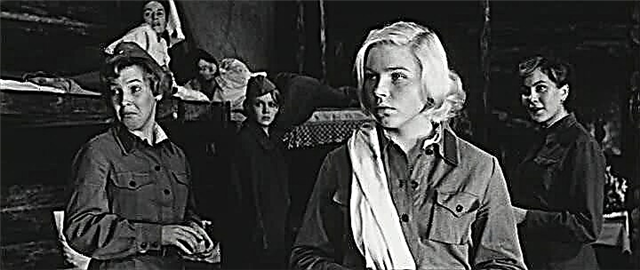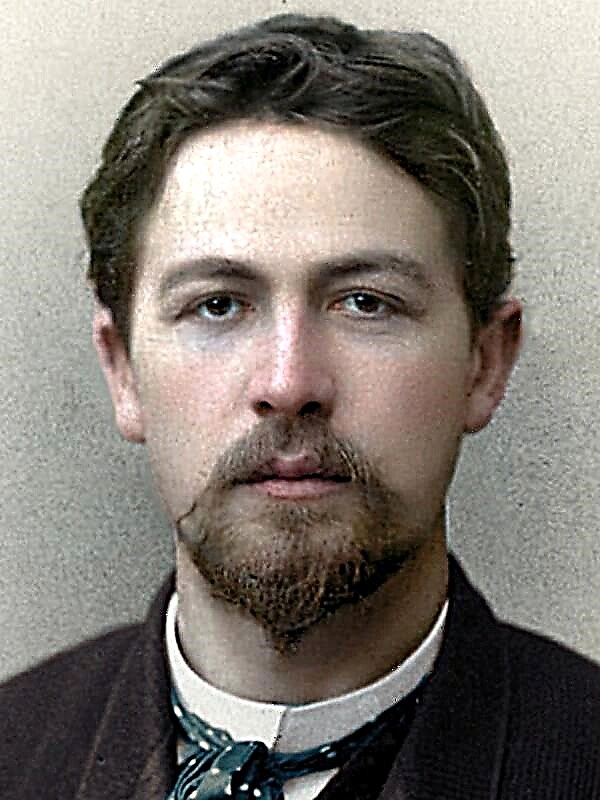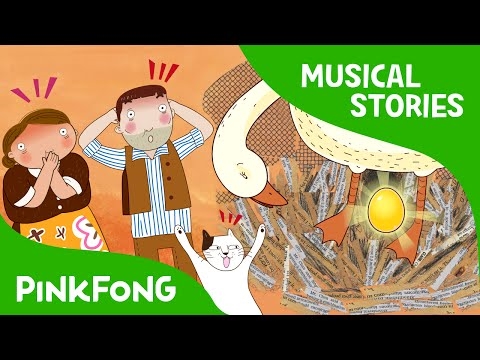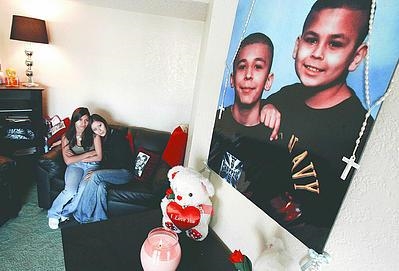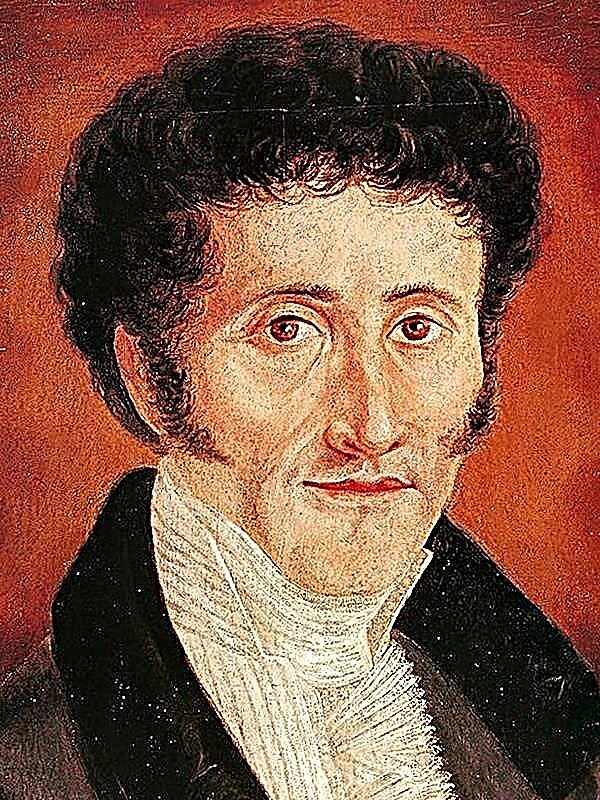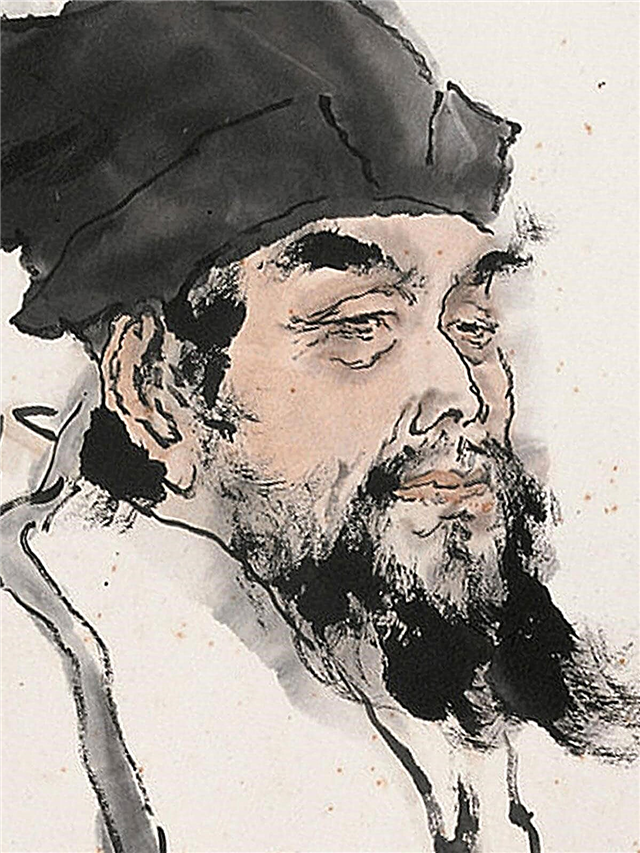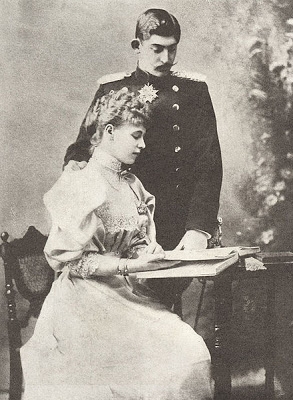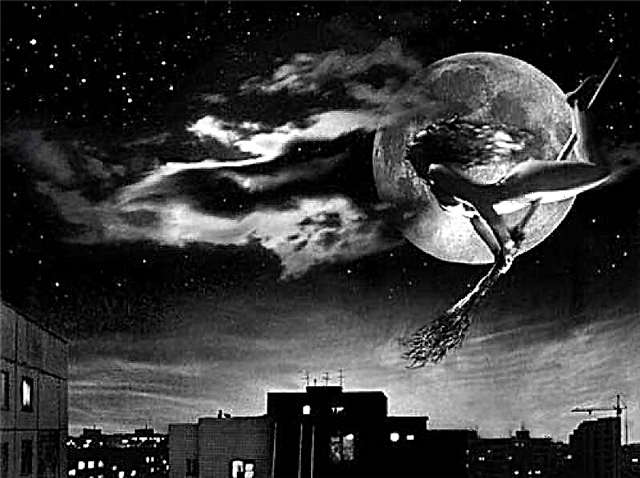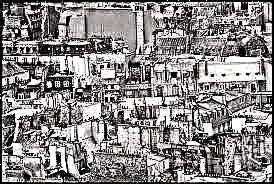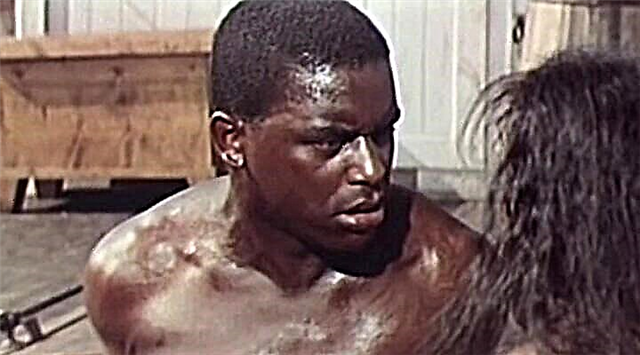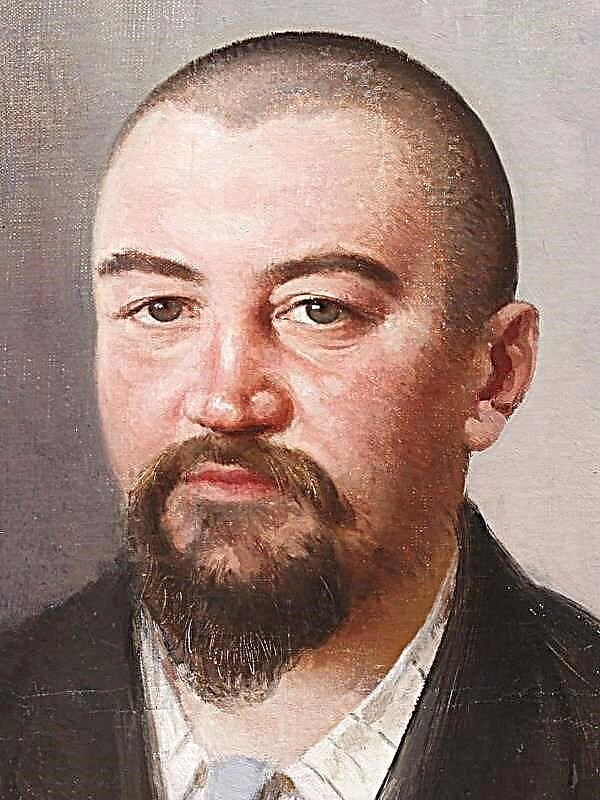It is impossible in literature to meet a hero who would not have dreamed. Sometimes dreams become an incentive in life and help the hero to perform bold actions, sometimes they absorb a person, drive him crazy, and prevent him from seeing real life. Daydreaming can be associated with high ideals or material values. And they cannot exist outside the context of reality, they are generated by it, but when a dream and reality collide, then a person can expect disappointment. In the epic novel by L. Tolstoy “War and Peace” there are many examples of how desires became guiding stars for heroes, but crumbled to dust when they tried to realize them, and how they helped them to know themselves and find the right path.
- Andrei Bolkonsky was married, wealthy, noble, he soon had to have a baby, but the man was not happy, he was looking for more. The prince is proud and conceited, Napoleon is his idol, and he also wants to find his Toulon, he longs for the glory and recognition that can be achieved through the heroic deeds of war. But because of his dream, he did not value a simple life with people who loved him. Only having appeared on the battlefield of Austerlitz, having been wounded, did he suddenly realize how insignificant what he longed for. War and exploits ceased to seem to him the height of bliss, the blue sky, as a symbol of eternal, calmly flowing life, contrasted so sharply with the chaos taking place on the field. The quest for glory filled the hero’s life with meaning, but only on the battlefield, in a collision with reality, did Andrey realize that his dream was meaningless, he no longer idealized Napoleon, because of which this war began, abandoned his vain dreams and returned home.
- Dreams of military exploits were and Nikolai Rostov. When the war began, Nikolai left his studies at the university and decided to defend the Fatherland. He was not conceited, like Prince Andrew, but he was very ardent, stubborn in his intention to crush the enemy, he was not aware of fear. He begins military service from the lowest ranks, serves diligently, his comrades love him. It is in the army that he grows up, learns about the concept of collective honor. But during his first battle (the Battle of Shengraben), Nikolai is wounded in the arm. This takes him out of the euphoria caused by the wave of patriotism, he becomes scared, it seems that for the whole time of the service the hero first thinks about death. He cannot understand how someone can wish him death, and he himself is not able to kill a person. A fighter throws his weapon at the enemy and escapes from the battlefield. This is not to say that Nikolai became a coward, he simply lived in his dreams, where death did not scare him, reality made adjustments to his imagination, made his outlook on life more sober. The hero continued to serve, but he no longer rushed so thoughtlessly into battle. Thus, dreams always pass the test of strength, becoming a reality.
- If reality makes some heroes sober, removes a dreamy veil from their eyes, then someone can punish someone for too big errors. This happened to the young Petya Rostov. The boy grew up during the war years, before his eyes was the example of a brother who served, and the patriotic moods hanging around could not but affect the young man. Petya is decisive, worried about the fate of the Fatherland. But still he wants to prove himself, become famous, he "will not miss any case of true heroism." The Rostovs still let Petya serve. In 1812, he takes part in the battle of Vyazma, in which he disobeys the order of the general and rushes directly under enemy fire. This time he was not injured. He receives a tough reprimand from the general, but instead of obeying his commander now, he and Dolokhov and Denisov are attacking the French. A stray bullet hits his head and he instantly dies. Petya dreamed of glory, heroism, he was not afraid of war, he did not realize the horror of this phenomenon. For this, fate punished him: in reality, war is not a place for fulfilling dreams, but fear and pain. Underestimating reality, Petya died without fulfilling his dream.
- In addition to military dreams, the work also has “peaceful” dreams. For example, the dreams of Pierre Bezukhov. Pierre is the hero of the search. He feels the strength and desire in himself, but for a long time does not know where to apply himself. He falls in love with Helen Kuragin, but marrying her, realizes that he made a mistake. He becomes a freemason, which helps him for some time to come to terms with himself and find a goal. Pierre believes in Masonic ideals and really wants to improve the world, but in reality the Masonic fraternity does not do much for this, but pays more attention to external attributes. Then he dreams of economic reforms and improving the lives of peasants, but people do not understand him. In search of himself, he even goes to war and after that he dreams of killing Napoleon. The hero dreams a lot, and every time he makes efforts to fulfill dreams. But desires often looked good only in his mind; upon implementation, all his plans were strongly modified, distorted, and lost their significance. The hero realized how difficult it is to do what you imagine in your imagination. But nevertheless, through trial and error, Pierre realized that what is really necessary and important in life, and in the end he became happy. Sometimes dreams come true not in the way we would like, but if you do not just dream, but make efforts, experience and know yourself, you will surely achieve happiness.
- Sometimes a dream is not destined to come true, even if you do everything for it. Sonya is a poor relative living in the care of the Rostovs. Her dream is to marry Nicholas. She is faithful to him, she refuses Dolokhov when he wants to marry her. But her dream is not destined to come true. Nikolay married Andrei Bolkonsky's sister, Marya. This marriage was for love, but material calculation was present. The princess persuaded Sonya to write a letter to the man in which she freed him from the promise to marry her. She did this because she knew that the marriage of Nicholas with a wealthy heiress could save the situation of the family. A sense of duty and external circumstances made the young girl give up love and forever kill her dream of a happy life with Nikolai. Even if a person exerts all mental strength to fulfill his desire, then sometimes he must abandon it because of the harsh conditions of reality.
In “War and Peace” there are many examples that can be given in the framework of this direction, and if you didn’t have enough arguments, write in the comments and add.

